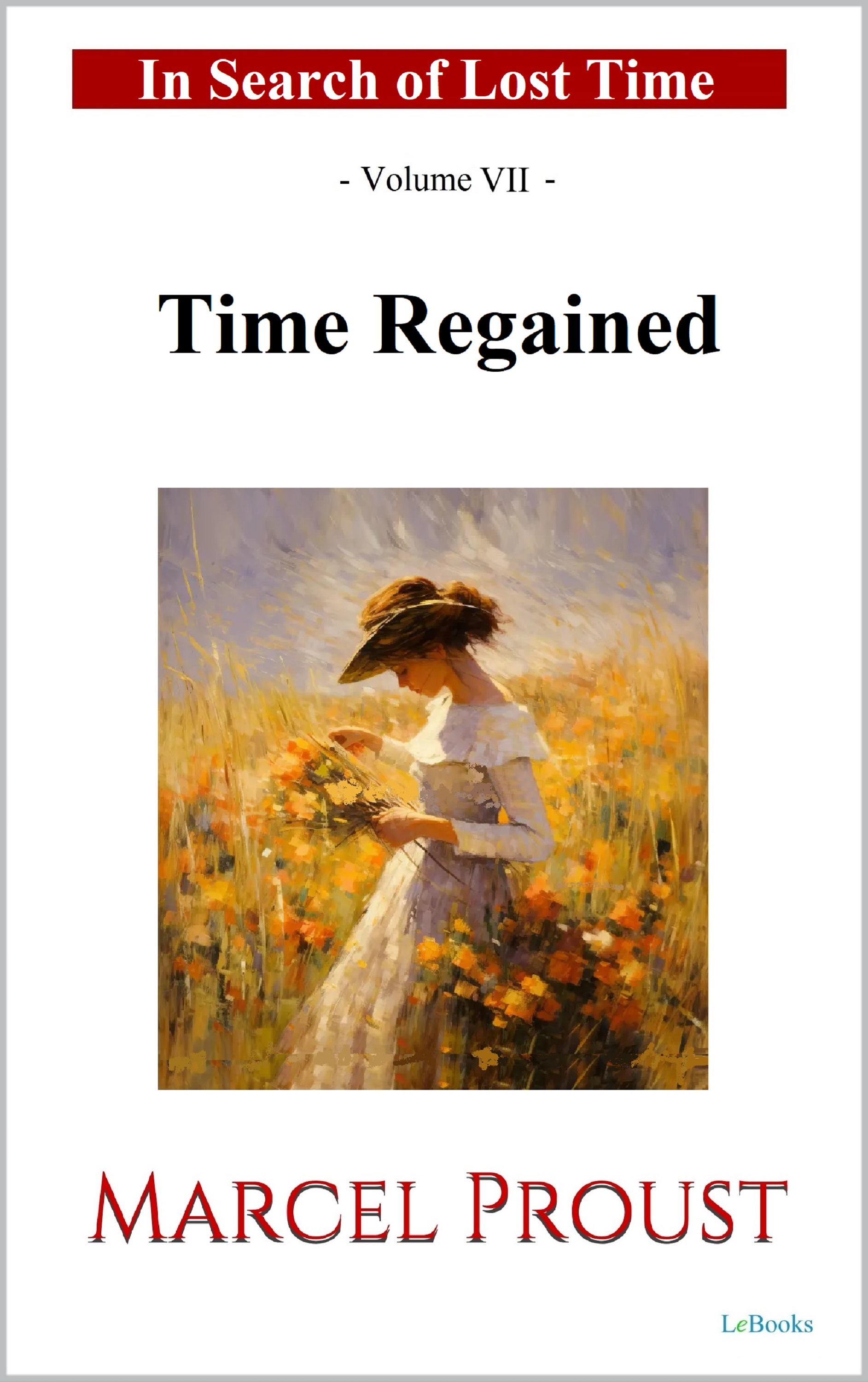
Time Regained, the final volume of Marcel Proust's monumental work In Search of Lost Time, serves as both a culmination and a revelation. In this last installment, Proust's narrator confronts the passage of time, the frailty of memory, and the possibility of artistic redemption. Through a return to familiar places and faces now transformed by age and war, he discovers that time, once perceived as a source of loss, can also be the wellspring of meaning and artistic creation.
The novel deepens Proust's exploration of involuntary memory, most famously illustrated through sensory experiences that awaken buried impressions of the past. These moments reveal a hidden continuity beneath the apparent fragmentation of life. As the narrator comes to understand his vocation as a writer, Time Regained becomes a profound meditation on the role of art in transcending time and restoring coherence to lived experience.
The enduring significance of Time Regained lies in its philosophical depth and literary innovation. It closes the narrative with the insight that true understanding is not found in escaping time but in embracing it — recognizing the patterns that link past, present, and future. In doing so, Proust affirms that through memory and art, the ephemeral can become eternal.